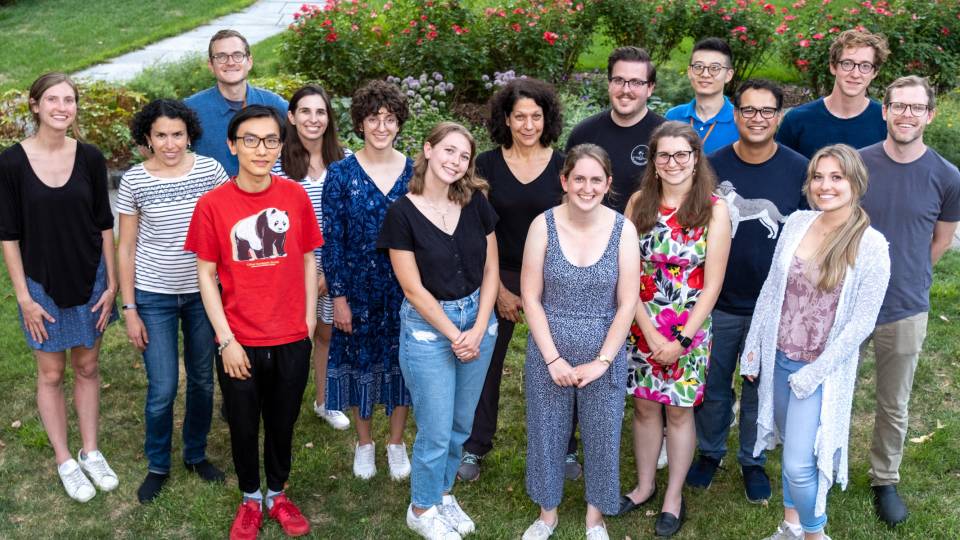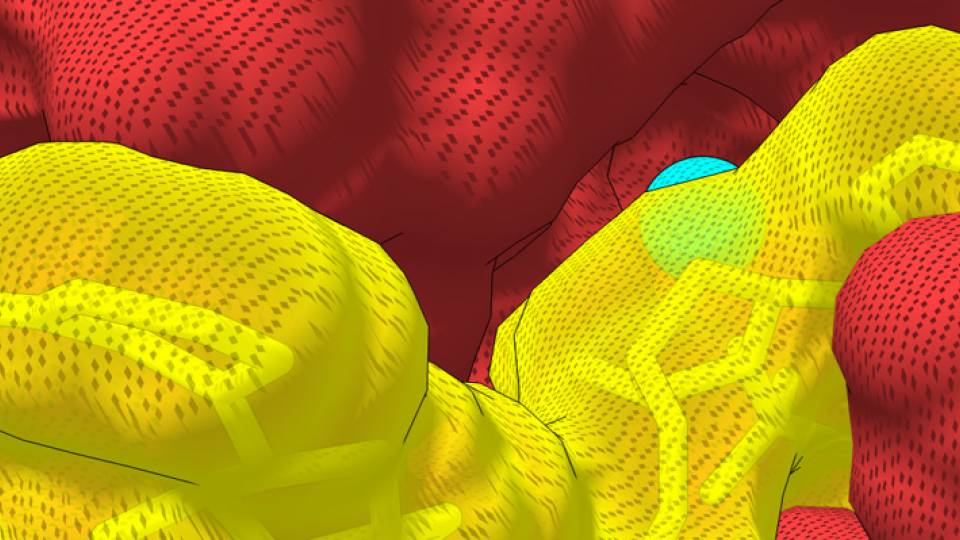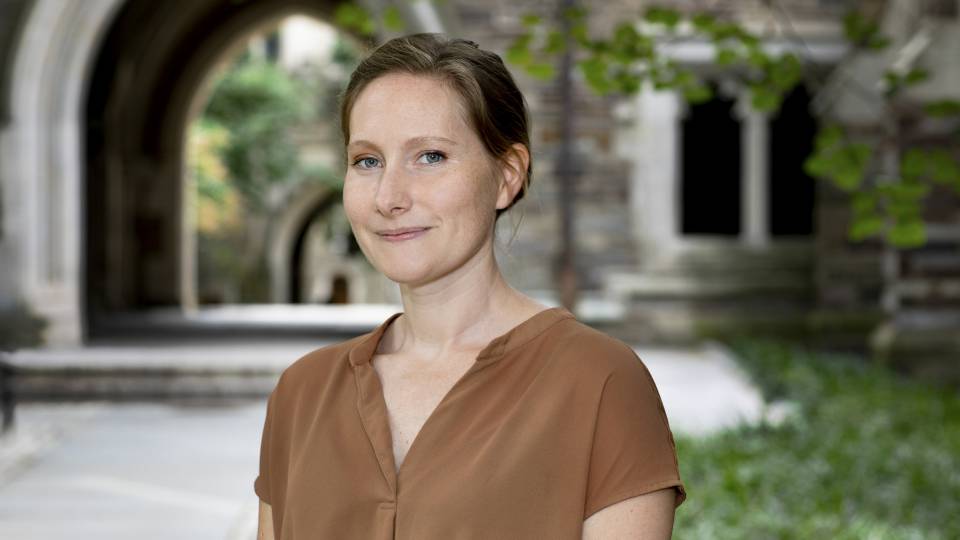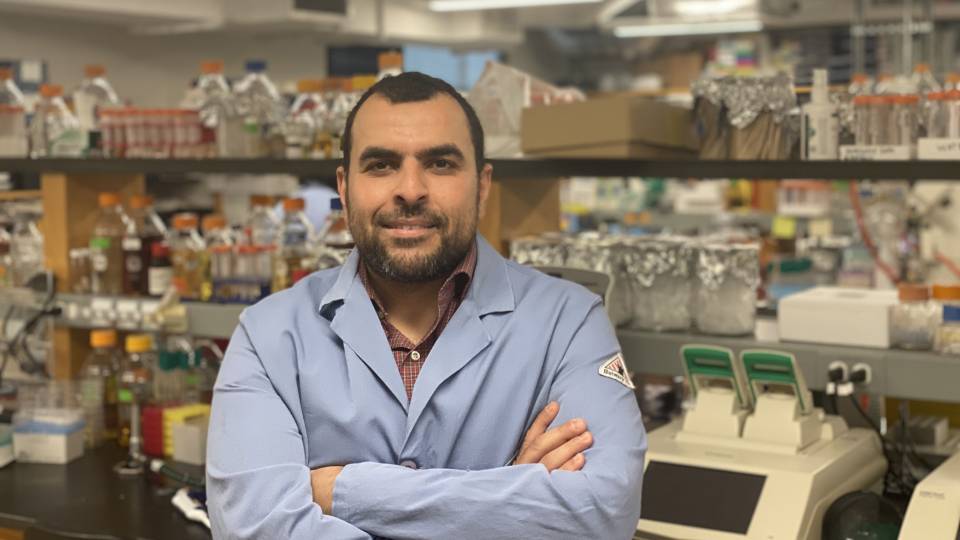The Pew Charitable Trusts announced today that John Brooks, an assistant professor of molecular biology at Princeton University, is one of 22 new Pew Scholars in the Biomedical Sciences.
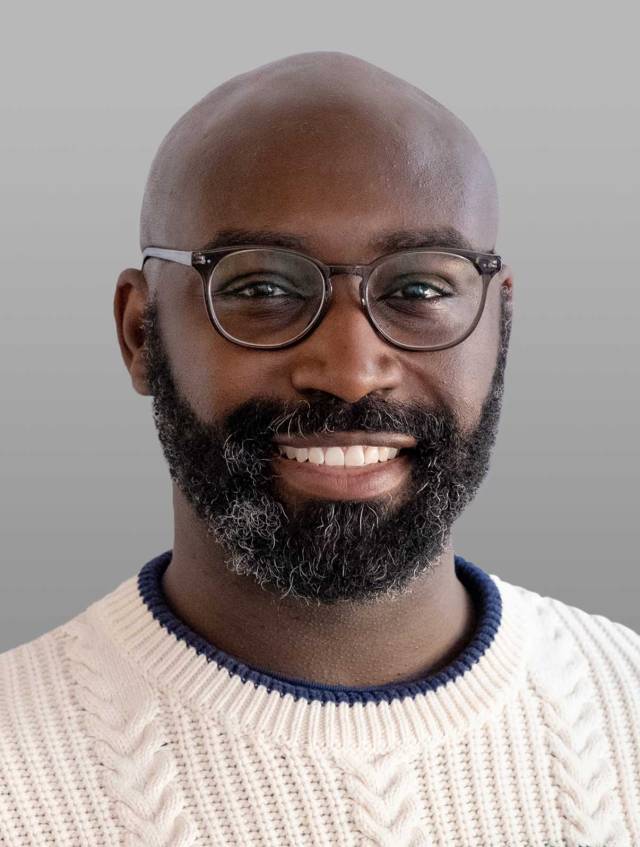
John Brooks
Brooks and the other Pew scholars will receive four years of funding to spearhead innovative studies exploring human health and medicine.
“From vaccine development to treatments for complex diseases, biomedical research is foundational to solving some of the world’s greatest health challenges,” said Susan K. Urahn, Pew’s president and CEO. “Pew is thrilled to welcome this new class of researchers and support their efforts to advance scientific knowledge and improve human health.”
Brooks will continue his explorations of how our circadian rhythm, the internal clock that regulates the human body in tandem with the time of day, works with the immune system to maintain harmony with the gut microbiome.
In his previous work, Brooks has found that the mix of microbial species in these communities oscillates throughout the day. He and other scientists have linked these swings to the circadian clock, the biochemical timekeeper that governs everything from appetite to sleep. Brooks plans to unravel how the circadian clock works with the innate immune system to regulate microbe metabolism. His results could expose how the clock-microbiome interplay shapes the health of the host.
“This new class of scholars embodies the creativity and curiosity that is key to scientific discovery,” said Craig C. Mello, a 1995 Pew scholar, 2006 Nobel laureate in physiology or medicine, and chair of the national advisory committee for the scholars program.
The Pew Scholars Program in the Biomedical Sciences provides funding to young investigators of outstanding promise in science relevant to the advancement of human health. Brooks was selected from among 188 nominations submitted by leading U.S. academic and research institutions.
Brooks completed a B.S. in microbiology at the University of Michigan and a Ph.D. in life sciences from the Walter S. and Lucienne Driskill Graduate Training Program in Life Sciences at Northwestern University Feinberg School of Medicine. He was a postdoctoral researcher at the University of Texas-Southwestern Medical Center. Among his many other honors, he is also a Hanna Gray Fellow with the the Howard Hughes Medical Institute.


